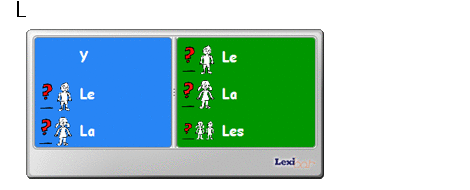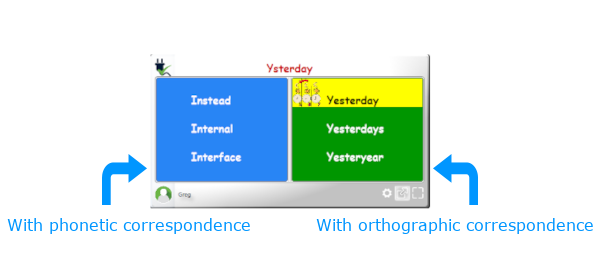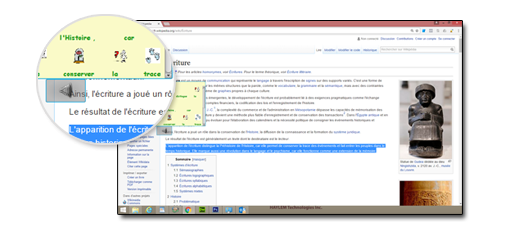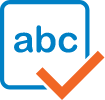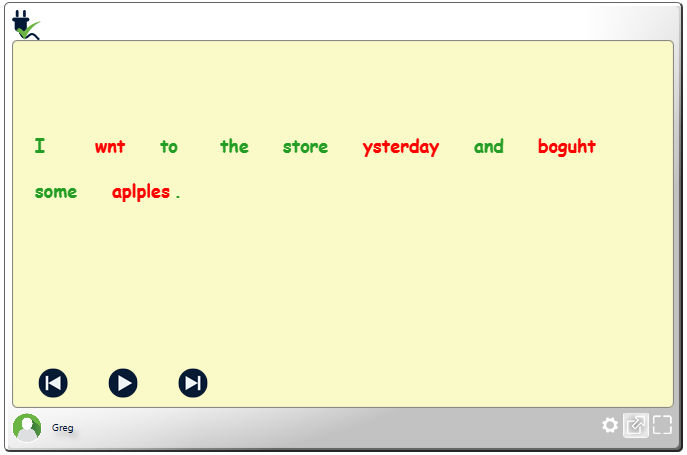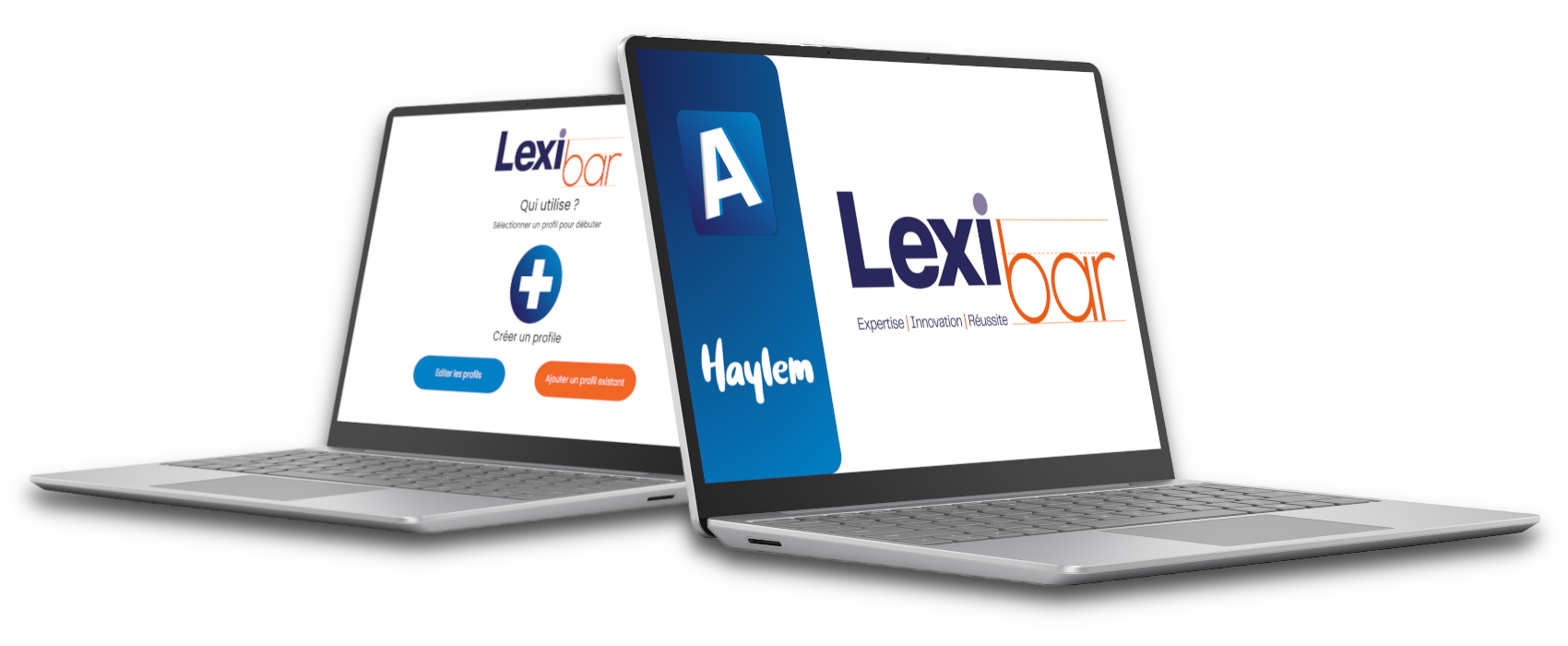Introducing


... of users are seeing large improvements in their writing since they began using Lexibar.

... of professionals surveyed consider the Lexibar Phonetic prediction to be of major benefit to their patients.
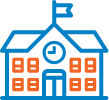
... of schools using Lexibar find this tool to be greatly contributing to the success of many students.
Expertise. Innovation. Success.
1 Goal: Your Success!
Lexibar is...
A user-friendly writing and reading software aid designed in collaboration with speech and language therapists. It is easy to install, simple to use and powerful efficient!
Develops reading and writing skills, improves academic performance, fosters self-confidence and increases independence.
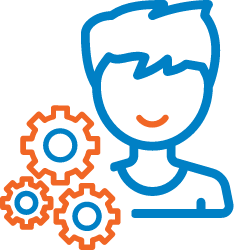
5 Help Functions
3 FREE help functions
At all times, for everyone
1
Orthographic prediction
2
Text to speech
3
Spell check
These 3 functions are available free of charge at all times and for everyone, when you download the software.
The other 2 functions (the phonetic prediction and the illustrations) are available for a 30-day trial period and with the purchase of a license.
Become a Lexibar pro
Our free training courses

Accompany your child with Lexibar
1h00
Live
with a professional
The main themes:

What does Lexibar do?

How can I help my child with Lexibar?

How can I get involved as a parent?

How can I address reluctance to using assistive technology at school?

How can I address the lack of knowledge of some teachers and caregivers about Lexibar and learning disabilities?
Register now for one of our upcoming training courses
See proposed dates
Accompany your student with Lexibar
1h30
Live
with a professional
Presentation of the 5 help functions:

In a reading context

In a writing context

In a student explanation context (modeling)

In the context of being a guide for the student (metacognition)

In the context of evaluation (which functions to keep or not)
Starter kit provided at the end of the training
Register now for one of our next training sessions
See proposed dates
Basic training
20 min
Pre-recorded video
Training plan:

Lexibar startup and operation

The 5 help functions:
Check out the pre-recorded video now
Watch the videoTry the software for free!
Take advantage of a 30-day free trial that allows you to test all the help features without any obligation on your part. Simply download the software to start your 30-day free trial. You can also watch a short video presentation to better understand more about Lexibar as well as it's support functions.
Discover Lexibar


